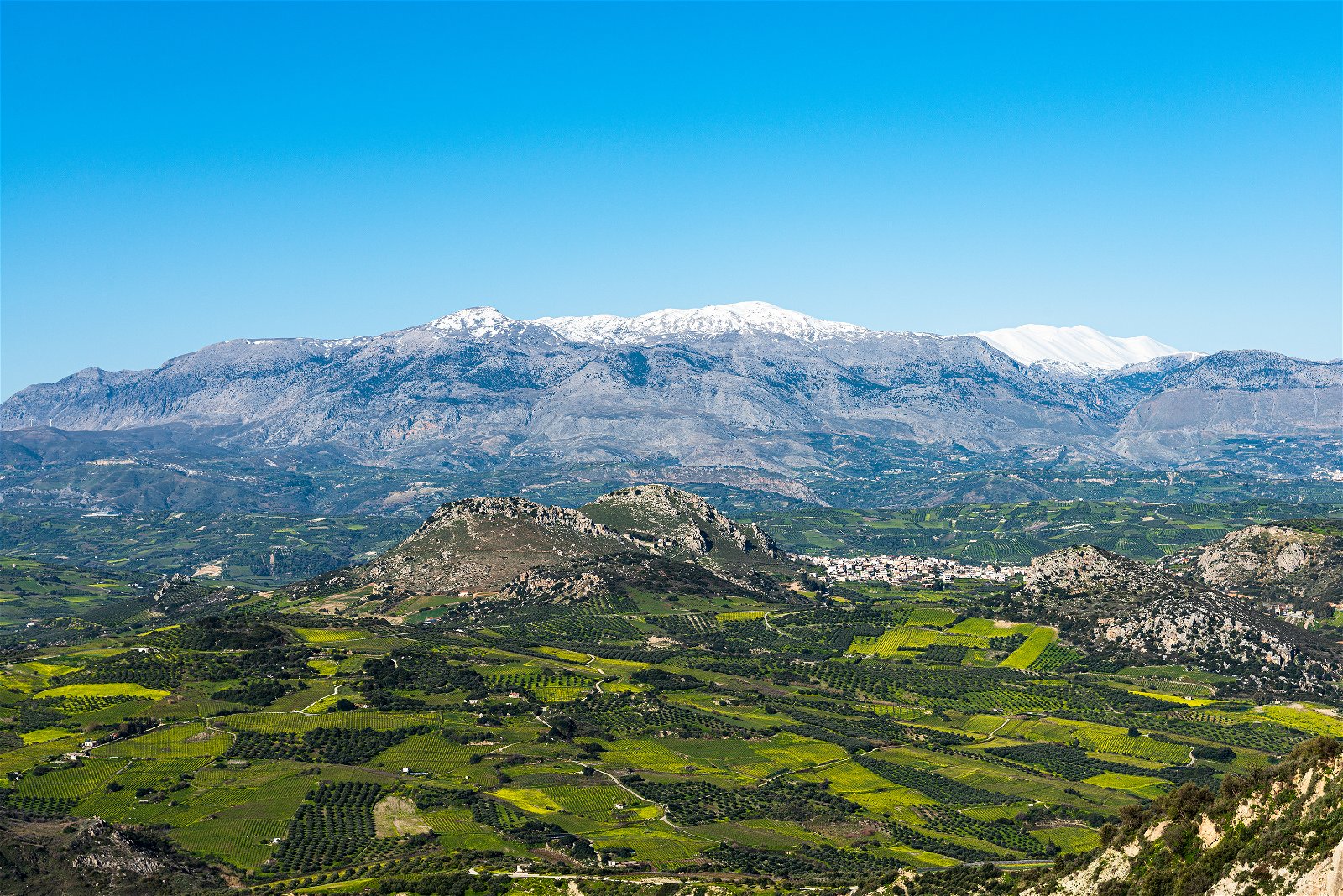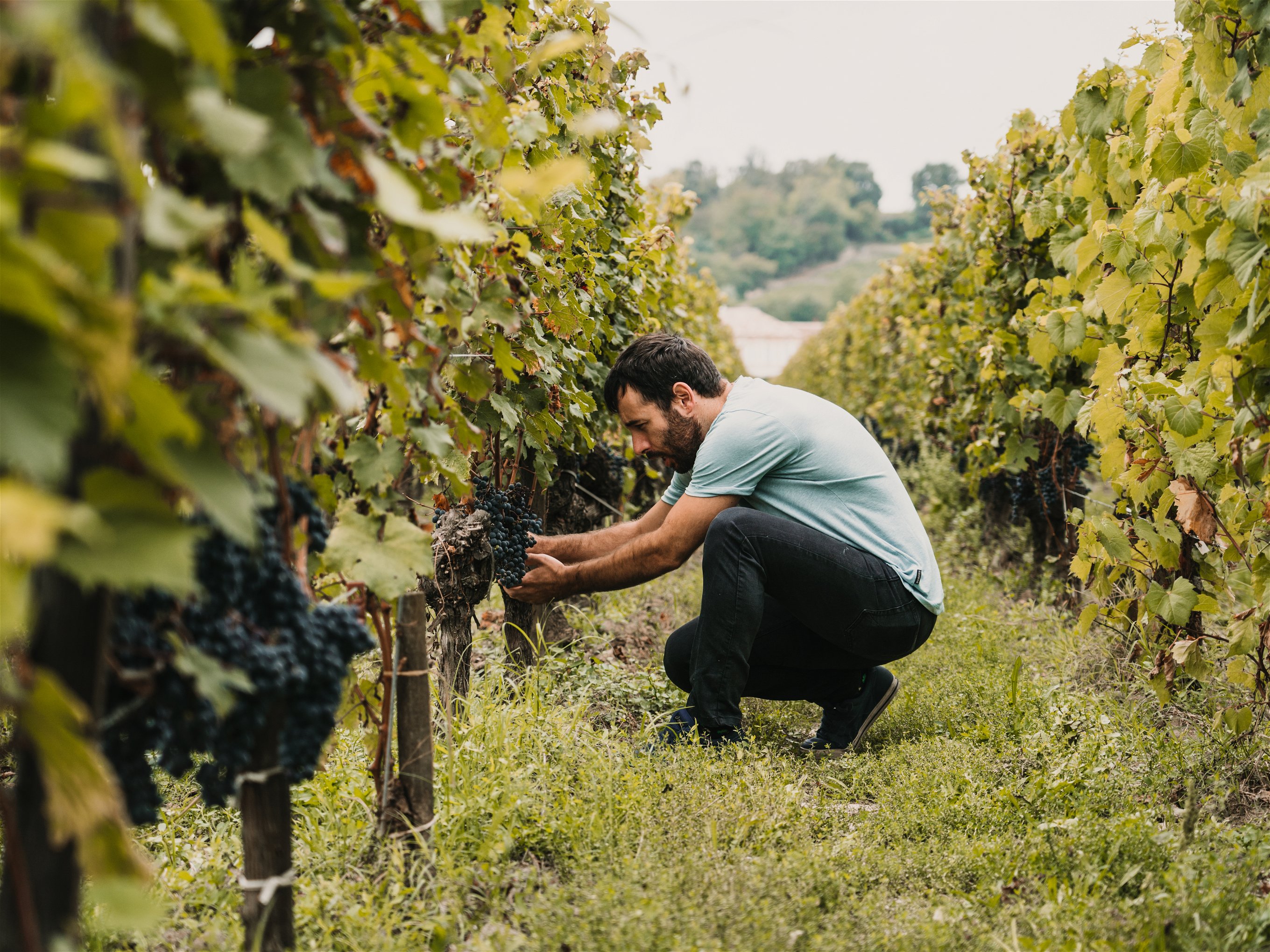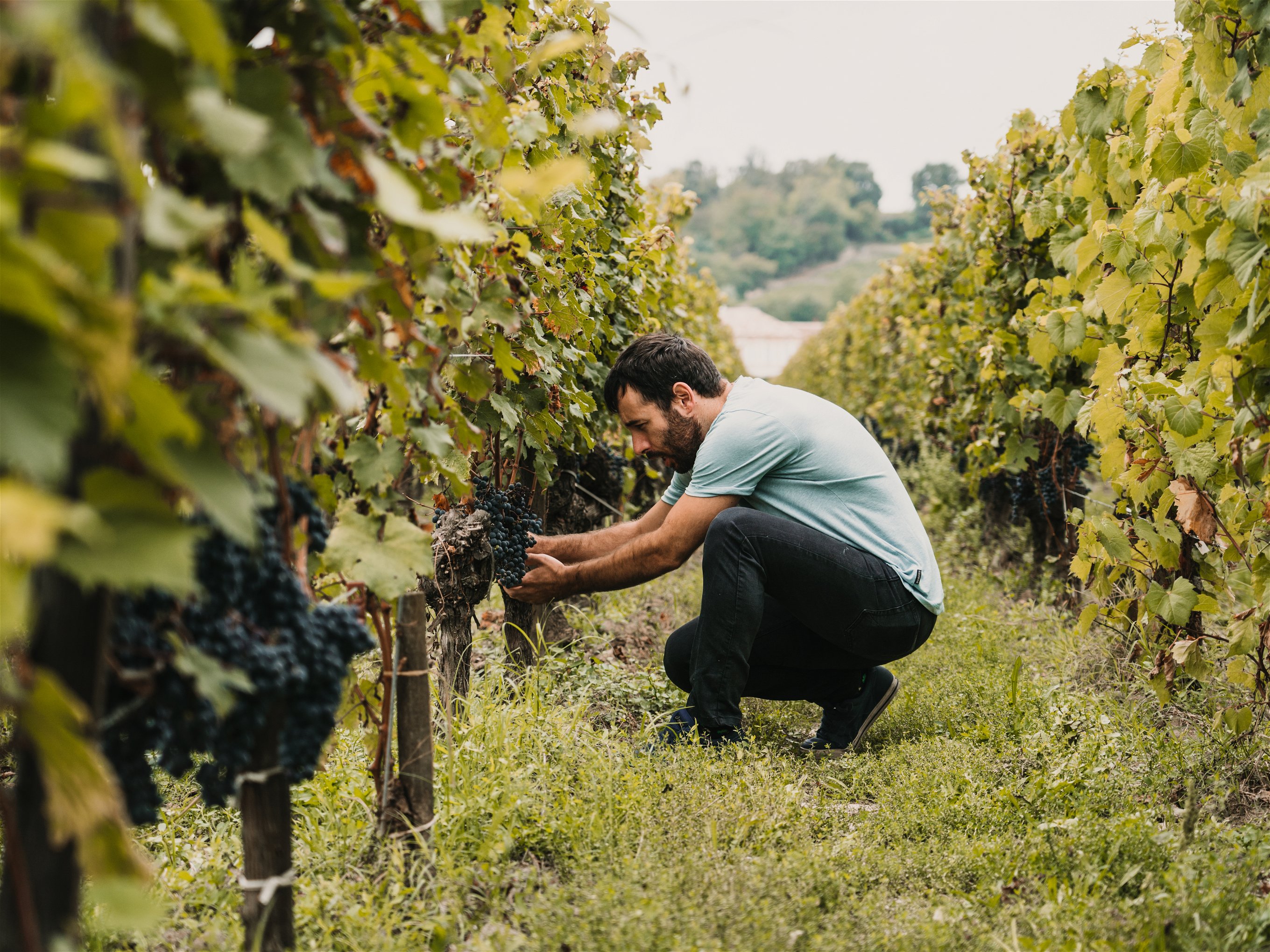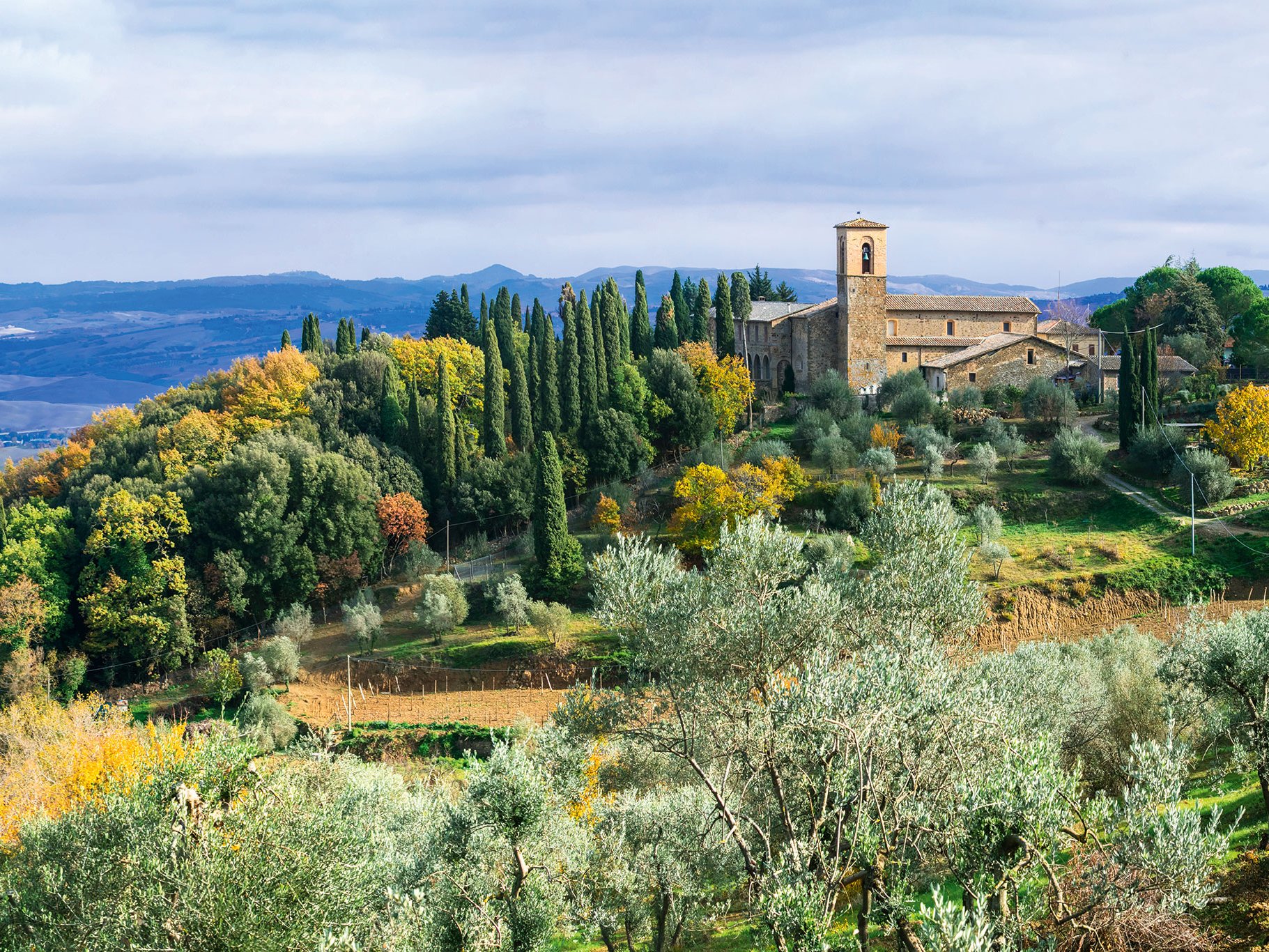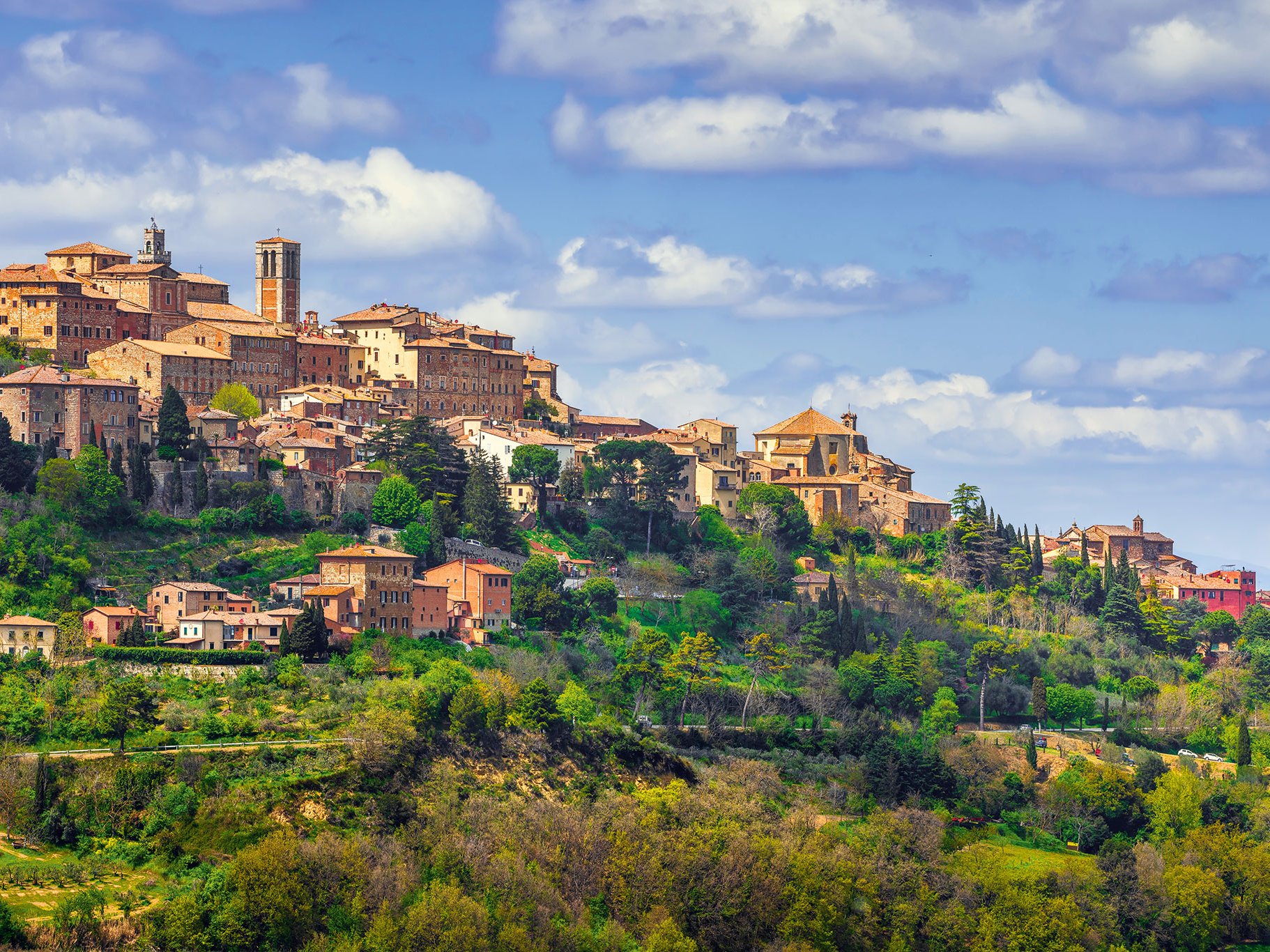Greece is considered the birthplace of European viticulture. According to legend, the supreme god Zeus had a tryst with Seméle, the goddess of the Bacchic frenzy. Dionysus, the god of wine, resulted from this affair. In fact, findings prove that wine was already cultivated in Crete around 1600 BC. The Greeks also brought the vine to Sicily, southern Italy and probably into southern France before the Romans. Even then, Greece had a wide range of grape varieties, which led the Roman poet Virgil to remark that "it would be easier to count the grains of sand in Greece than the different grape varieties.” The starting signal for viticulture as we know it today probably came in 1861 with the founding of the Achaia Clauss winery by the German Gustav Clauss. The climate and soil are ideal for viticulture in Greece. The geology of Greek vineyards consists primarily of limestone, volcanic rock or granite. The wine-growing areas are almost all located near the coast, where the Adriatic Sea and the Ionian Sea exert a favourable influence on the vineyards. Winters are mostly mild and short, and summers are long, warm, and dry. In addition, Greece can still excel with a large number of autochthonous grape varieties, the best known of which are undoubtedly the white wine varieties Savatiano, Roditis and Assyrtiko. In contrast, Agiorgitiko and Xinomavro probably enjoy the most significant degree of recognition among the red wine varieties. International varieties such as Cabernet Sauvignon and Merlot are also cultivated on the approximately 110,000 hectares of vineyards. Among the most famous wines are those from Naoussa (Macedonia), Nemea (Peloponnese) and Rapsani on Mount Olympus. The islands of Santorini and Samos not only produce excellent dry wines, but some of their sweet wines enjoy a legendary reputation.
